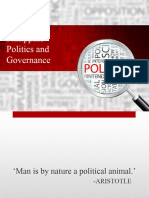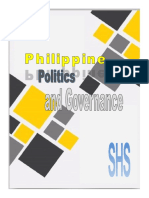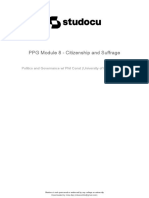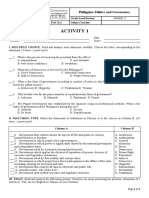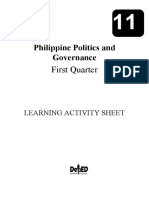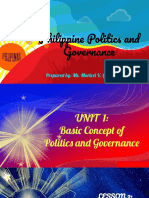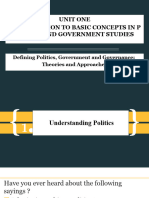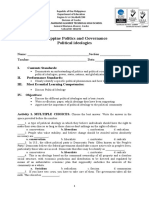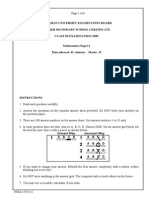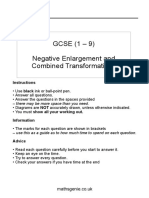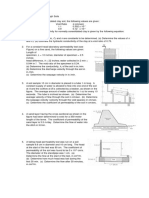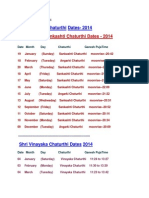0% found this document useful (0 votes)
569 views43 pagesPhilippine Politics and Governance
This document provides an overview of the concepts of politics and governance that will be covered in the Grade 12 subject of Philippine Politics and Governance. It defines politics in several ways, including as a science, academic discipline, concept, action, consensus/compromise, society, power/distribution of resources, public affairs, and art of government. Key terms in politics like political process, institutions, and values are also introduced. The scientific approach to studying politics and the growth of political science from Greek and Latin roots are briefly discussed.
Uploaded by
Lolilyd ArtiagaCopyright
© © All Rights Reserved
We take content rights seriously. If you suspect this is your content, claim it here.
Available Formats
Download as PPTX, PDF, TXT or read online on Scribd
0% found this document useful (0 votes)
569 views43 pagesPhilippine Politics and Governance
This document provides an overview of the concepts of politics and governance that will be covered in the Grade 12 subject of Philippine Politics and Governance. It defines politics in several ways, including as a science, academic discipline, concept, action, consensus/compromise, society, power/distribution of resources, public affairs, and art of government. Key terms in politics like political process, institutions, and values are also introduced. The scientific approach to studying politics and the growth of political science from Greek and Latin roots are briefly discussed.
Uploaded by
Lolilyd ArtiagaCopyright
© © All Rights Reserved
We take content rights seriously. If you suspect this is your content, claim it here.
Available Formats
Download as PPTX, PDF, TXT or read online on Scribd
/ 43

